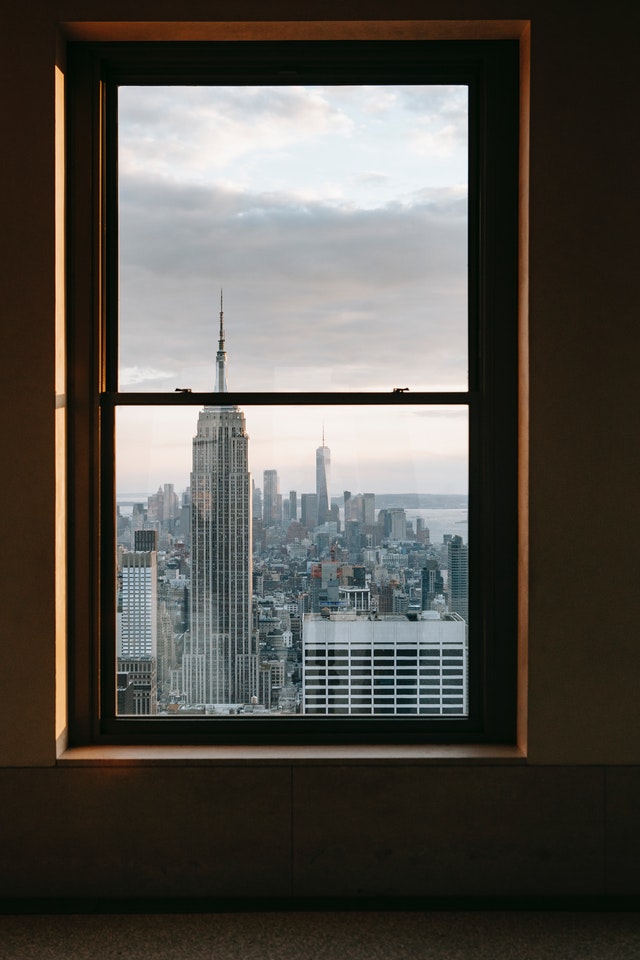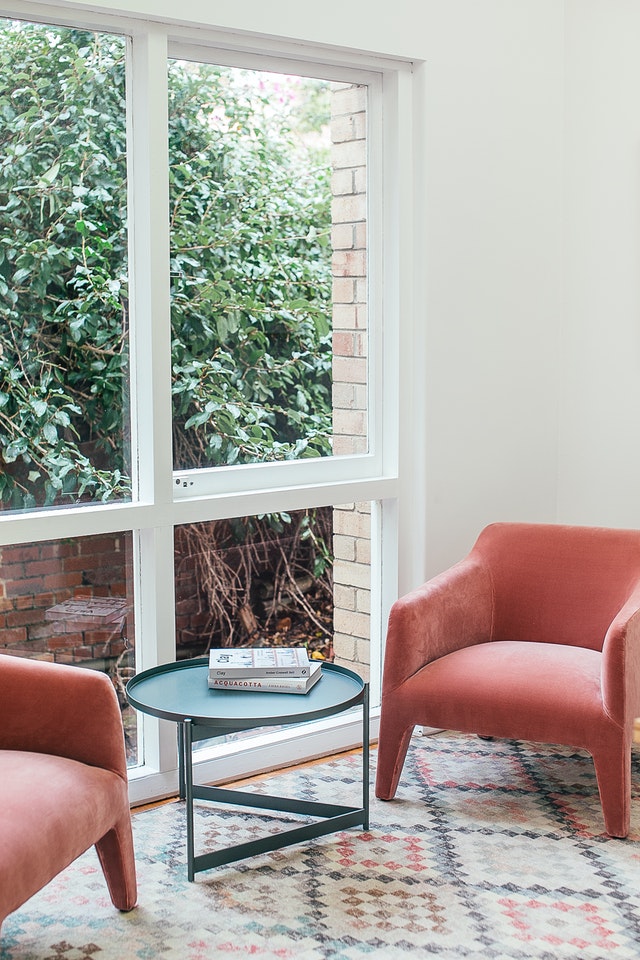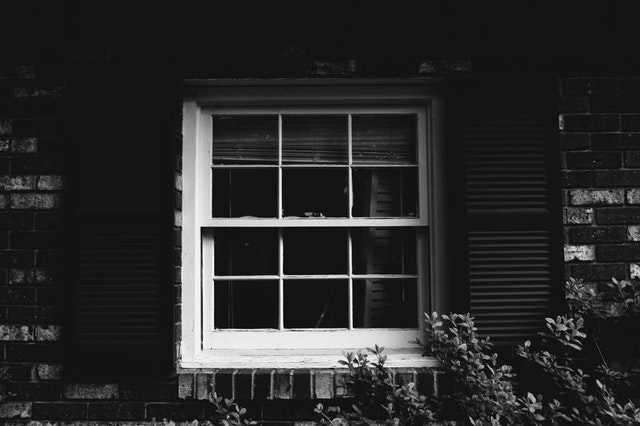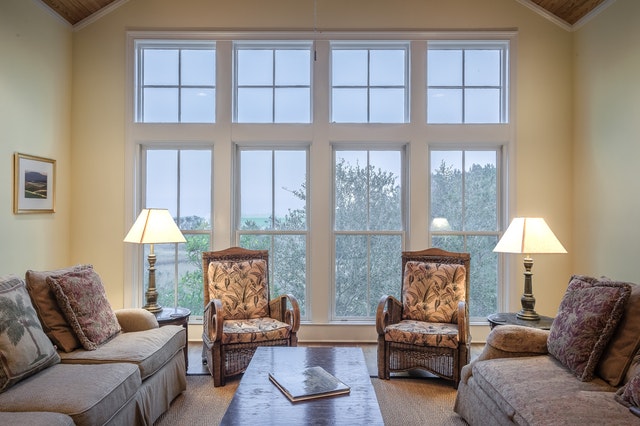
It’s easy to think, why do I need security window film? But we have the answer for you.
We are surrounded by windows and thank goodness we are! Windows provide us with light that can brighten up a room, help save energy, improve attitude, and add a connection to the outside world.
Windows and glass are vulnerable, leading to a higher increase in intrusion and potential danger.
Security Window films will help protect you and others safe, while still providing you will all of the benefits natural light does for us. Indy Tints security films are used to help protect against break-ins and vandalism, accidents, and natural disasters.
We’ve given you the basics on security window film, but let’s dig a little deeper into what it can do for you.
Give you Privacy
Whether you want privacy for you and your loved ones just to feel more comfortable in your home or to dismiss intruders from potentially looking in your home, security window film can give you both! This window film isn’t just for your home either, it can be for your office or building.
Recently, schools have even added security film to their windows for the protection of their students.
Still, Enjoy your Visibility
Even after adding security window film to your home or office, you can still enjoy all the benefits of natural light. The film is thin and barely detectable, so you can still enjoy your view.
Stay Safe!
Security film also helps from someone potentially getting hurt from shards of glass. When the window is impacted, the film holds the glass fragments together. This can prevent any damages to your home.
Save your Windows from Bad Weather
Although bad weather may not occur frequently, window film can help prevent any shattered windows when a natural disaster occurs. It’s always better to be safe than sorry!
Indy tint offers a few different kinds of security window film if you are interested. Check us out, here.





Recent Comments